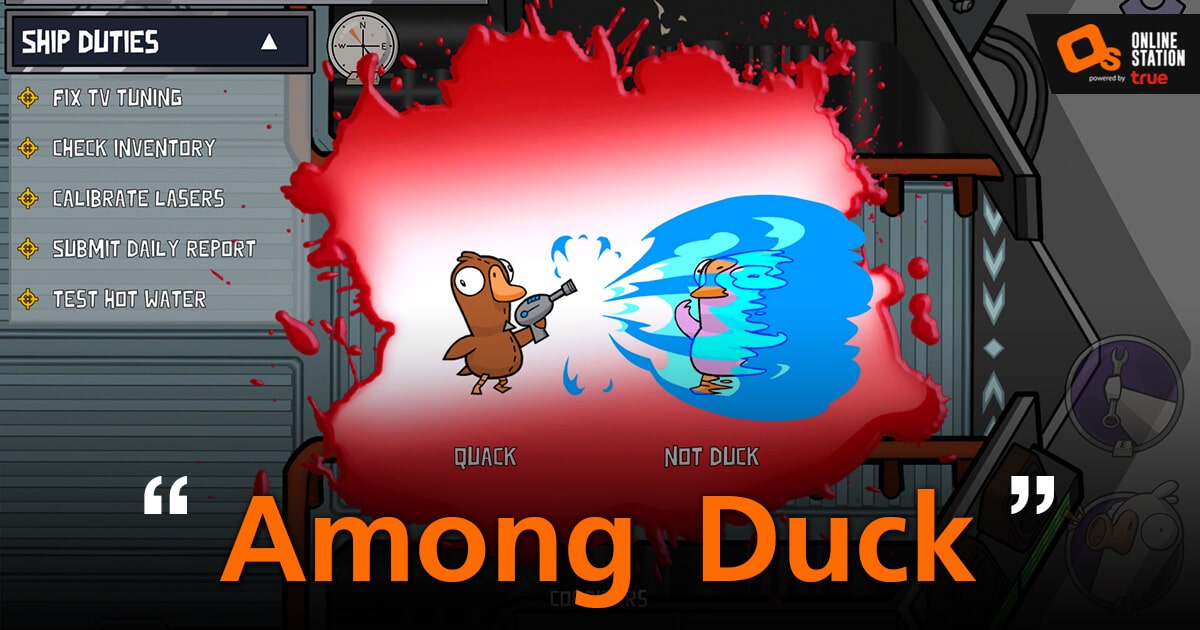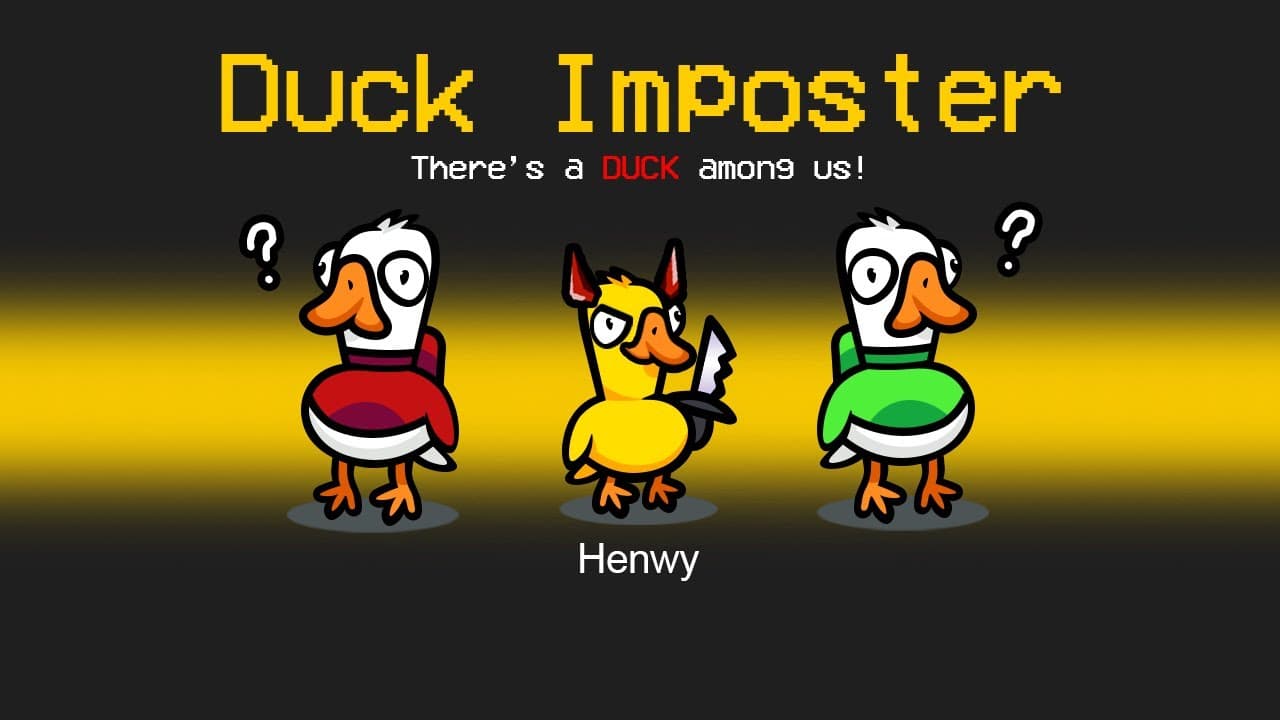

While the risk of avian influenza has reduced, cases of bird flu continue to be confirmed in both poultry and other captive birds. Details of the conditions and a map of the zone can be found in the Declaration of Avian Influenza Prevention Zone (England) ( PDF, 740 KB, 7 pages).Īll poultry gatherings, including at fairs, shows and markets, remain banned, due to a large number of flocks mixing together and the risk posed by any infections spreading across the country.

There is now a legal requirement for all bird keepers to implement enhanced biosecurity measures to help protect their flocks. You can also find out about licences for movements from disease control zones in force.įollowing a number of detections of avian influenza in poultry and wild and captive birds across the southwest of England a regional Avian Influenza Prevention Zone ( AIPZ) has been declared in Cornwall, Devon, Isles of Scilly and part of Somerset. All poultry and captive birds will be humanely culled.įor details of the cases and the measures that apply in the disease control zones in England, see the avian influenza: cases and disease control zones in England guidance. A 3km Protection Zone and 10km Surveillance Zone was declared around the premises. Highly pathogenic avian influenza ( HPAI) H5N1 was confirmed in poultry on 8 September at a premises near Torpoint, South East Cornwall, Cornwall.
#Among us goose goose duck update#
See the Welsh Government website for further information Update 8 September All poultry on the premises will be humanely culled. Highly pathogenic avian influenza ( HPAI) H5N1 was confirmed in commercial poultry on 9 September at a premises near Milford Haven, Pembrokeshire, Wales.

Following completion of disease control measures and surveillance in the zone, the 10 km Surveillance Zone has been revoked. A 3km Protection Zone and 10km Surveillance Zone were put in place around the premises. Highly pathogenic avian influenza ( HPAI) H5N1 was confirmed on 21 July 2022 in commercial poultry at a premises near Dartington, South Hams, Devon. Highly pathogenic avian influenza ( HPAI) H5N1 was confirmed on 5 August 2022 in commercial poultry at a premises near Ashburton, Teignbridge, Devon. You can also get Defra email alerts or subscribe to Defra’s RSS feed by copying and pasting this RSS feed URL into your feed reader. You can sign up to our alerts service to keep up to date with the latest news. Poultry includes chickens, ducks, turkeys, geese, pigeon (bred for meat), partridge, quail, guinea fowl and pheasants. This is a legal requirement if you have 50 or more birds. You should register your poultry, even if only kept as pets, so we can contact you during an outbreak.

If you have any concerns about the health of your birds, seek prompt advice from your vet. For further information see our advice to the public.Īll bird keepers (whether you have pet birds, commercial flocks or just a few birds in a backyard flock) must keep a close watch on them for signs of disease and maintain good biosecurity at all times. 3 or more dead gulls or wild waterfowl (swans, geese and ducks)ĭo not touch or pick up any dead or visibly sick birds that you find.You should call the Defra helpline (03459 33 55 77) if you find: In Scotland, contact your local Field Services Office. If you suspect any type of avian influenza in poultry or captive birds you must report it immediately by calling the Defra Rural Services Helpline on 03000 200 301. Avian influenza (bird flu) is a notifiable animal disease.


 0 kommentar(er)
0 kommentar(er)
